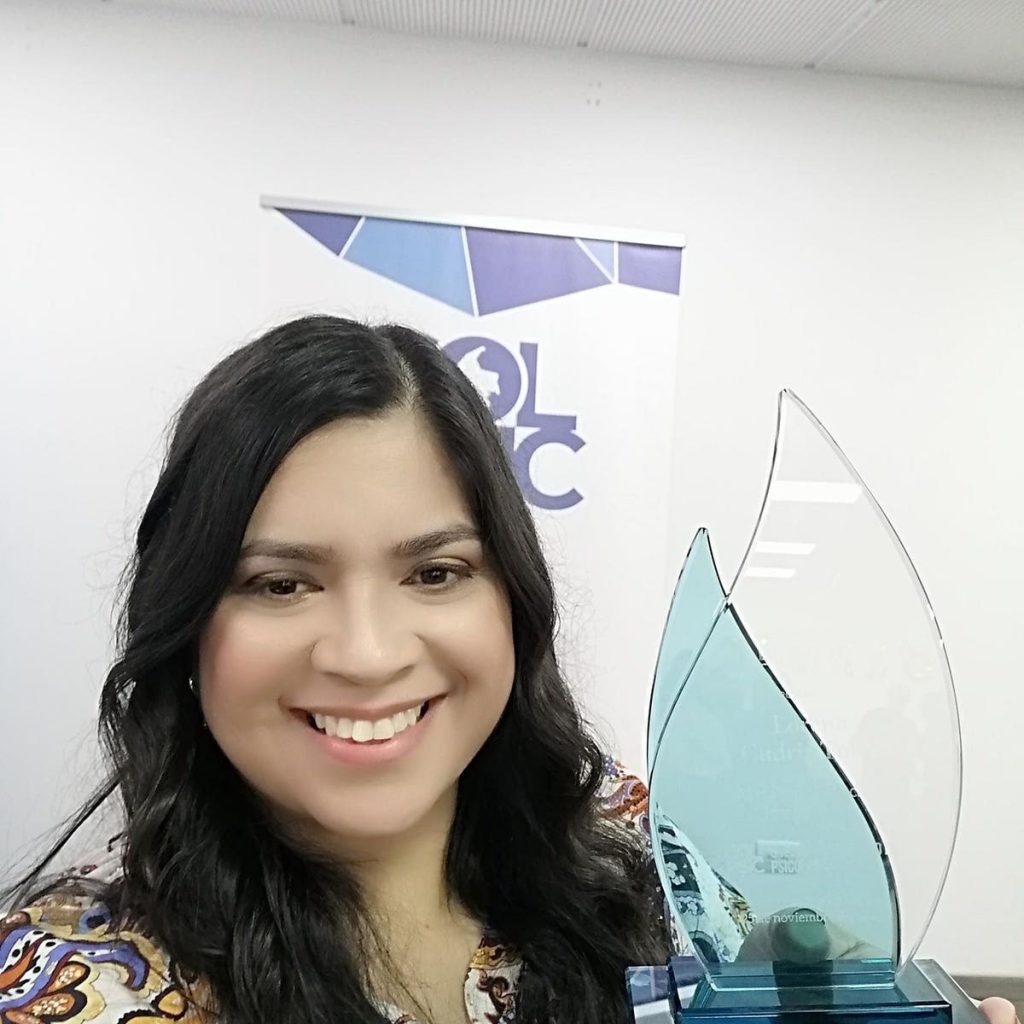The Covid-19 pandemic exacerbated Latin America’s mental health crisis —now researchers are using online tools to detect and treat those issues among students there.
A Unicef study of the Americas showed 27% of young people reported symptoms of anxiety and 15% reported symptoms of depression, while a third of them identified the economic situation as the main trigger of these states.
Lorena Cudris-Torres, a full Professor at the Universidad de la Costa in Barranquilla, Colombia is helping to develop a border-spanning project called “Yo Puedo Sentirme Bien (I Can Feel Good)” which, she explains, is a web-based method for the detection and treatment of common anxious and depressive symptoms, trialed with undergraduates at seven universities in Colombia and Mexico, aged 18 years or older, who had clinically significant anxiety and/or depression.
Cudris-Torres is a coauthor of a recent paper in the international journal JAMA Psychiatry which found that self-guided internet-delivered cognitive behavioral therapy (i-CBT) is sometimes equally or more effective for depression (but not anxiety) than similar treatments involving the guidance of mental health professionals.
“In the two years of the project’s implementation, 3002 students have participated, finding a satisfaction rate of 92% in the Guided i-CBT treatment and 89% in the Self-managed i-CBT treatment,” Cudris-Torres says, adding that these results show it is possible to find a way to tailor treatment to a student’s profile.
“There is no one size fits all,” she says, “While online psychological interventions do not replace psychologists, they allow to broaden and extend the impact of psychological knowledge for the well-being of the population.”
Cudris-Torres explains that the project was a transnational effort led by the Instituto Nacional de Psiquiatría Ramón de la Fuente Muñiz of Mexico in collaboration with Harvard University and universities in Mexico and Colombia, financed by the National Institute of Mental Health, USA.
Inspired By Her Father
Cudris-Torres was born in the municipality of Chimichagua, Cesar in rural northern Colombia.
“During my education in elementary school and then in high school, the development of the subject of social sciences, allowed me to know the social realities in different contexts, and that gave me the interest to study human behavior,” she says, “In addition to my teachers who inspired me so much, seeing my father every day going to work at the Hospital, decanted my vocation of service for the health sector.”
Cudris-Torres would later study psychology at Colombia’s Universidad Antonio Nariño, specialized in Public Management at the Universidad de Santander and completed a PhD in Educational Sciences at the Universidad Cuauhtemoc de Mexico.
Cudris-Torres says that scientists from the global south have a privileged perspective of analysis of social problems different from that of scientists from other regions of the world, because they are part of the context, they understand the beliefs, worldviews, and ways of seeing life that impact the behavior and attitudes that live in the Global South.
“I bring a full knowledge of the particular social and cultural realities of Latin America, associated with the knowledge and use of modern information and communication technologies to solve social problems in a region where there are precisely great deficiencies in terms of access and use of technologies,” she says.
Online Mental Health Interventions
In other parts of the Global South, researchers are looking at other online mental health interventions.
Indonesian researcher Sandersan (Sandy) Onie is not only looking at how Google Adwords can be used to help those in need of mental health support, he is also on a mission, driven by family history, to raise awareness of the importance of mental health and scientific research in Indonesia.
Recently, Onie was also part of a team that lobbied for the successful inclusion of suicide prevention in Indonesia’s health law in 2023, making it the first Lower-Middle Income Country to do so.
Onie, a researcher at the Black Dog Institute at the University of New South Wales in Sydney, Australia says his passion for mental health research and eventually open science did not come out of an inherent curiosity,
“I developed depression in junior high school and at the time, I had never even heard of depression,” he says.
After recovering with support from a group of friends in his church community, Onie dedicated his life to improving the lives and mental health of others as they had helped him.
Read the full article here










